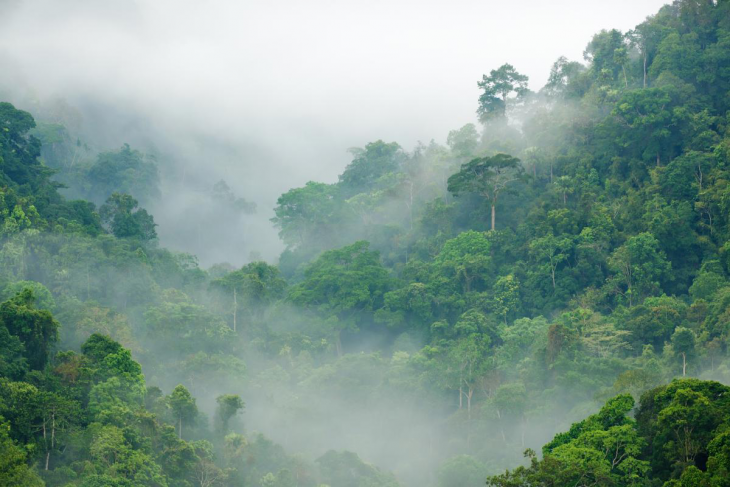The National Socio-Environmental Synthesis Center’s (SESYNC’s) former postdoc and current researcher Xavier Benito, and colleagues, recently received funding for a small project on tropical forests from U21 Resilience Network.
The U21 Resilience Network is part of the larger organization Universitas21, which “empowers students and staff from 27 world-class universities”—including the University of Maryland—"to share excellence, collaborate across borders, and nurture international knowledge exchange.” The U21 Resilience Network has a particular focus on fostering collaboration among early-career researchers and supporting them and their research partnerships through the COVID-19 pandemic.
Benito and his team’s project will concentrate on improving tropical forest resilience to human-climate pressures, using knowledge of the past to guide the future—leading to the project name, FOREPAST. The team will look at research in forest ecology, climate science, and the social sciences, as well as historical palaeoecological and archaeological records to understand how practices from the past can shape current actions for addressing the major changes occurring in tropical forests.
Recognizing the need for interdisciplinary approaches to conserve tropical forests, the team will include researchers from the fields of paleoecology, archaeology, forest ecology and the social sciences. Together, they aim to find solutions that will fortify the forests’ resilience so that these ecosystems can continue to provide important services, such as climate regulation and biodiversity, as well as support the livelihoods of local populations.
Benito highlights that “Central to the project will be a series of webinars for and by early-career researchers (ECRs), who unfortunately lack many networking opportunities due to the COVID-19 crisis.” ECRs will share interdisciplinary approaches to develop a synthesis paper and knowledge database that aims to foster scientific collaborations and incorporate a resilience framework into policy and management of tropical ecosystems.
To learn more about FOREPAST: http://www.forepast.com/.
